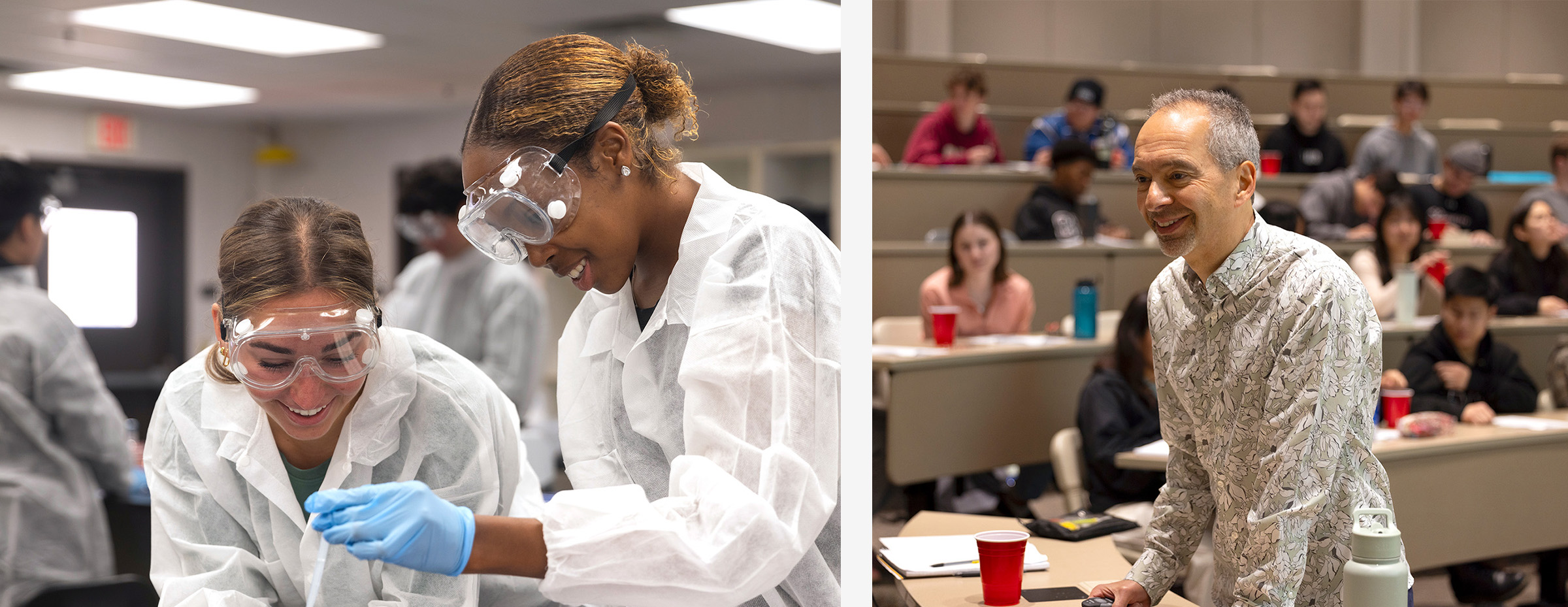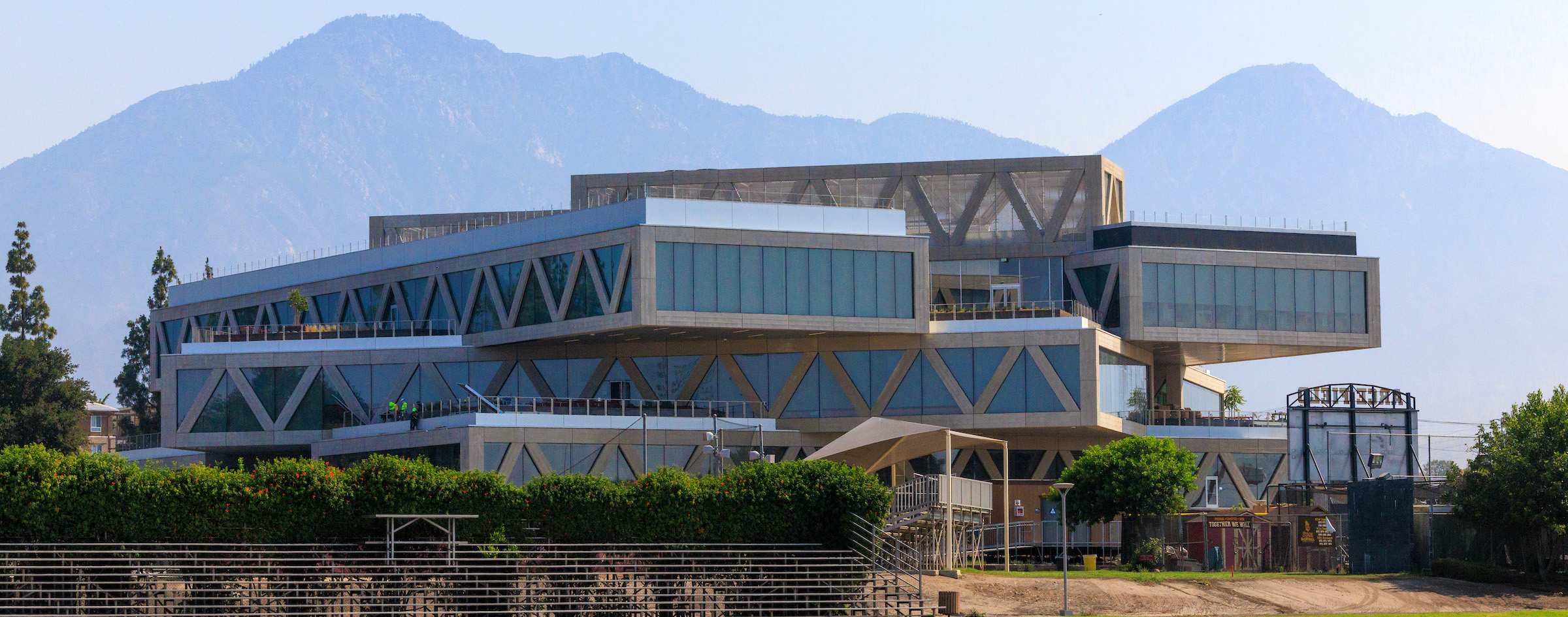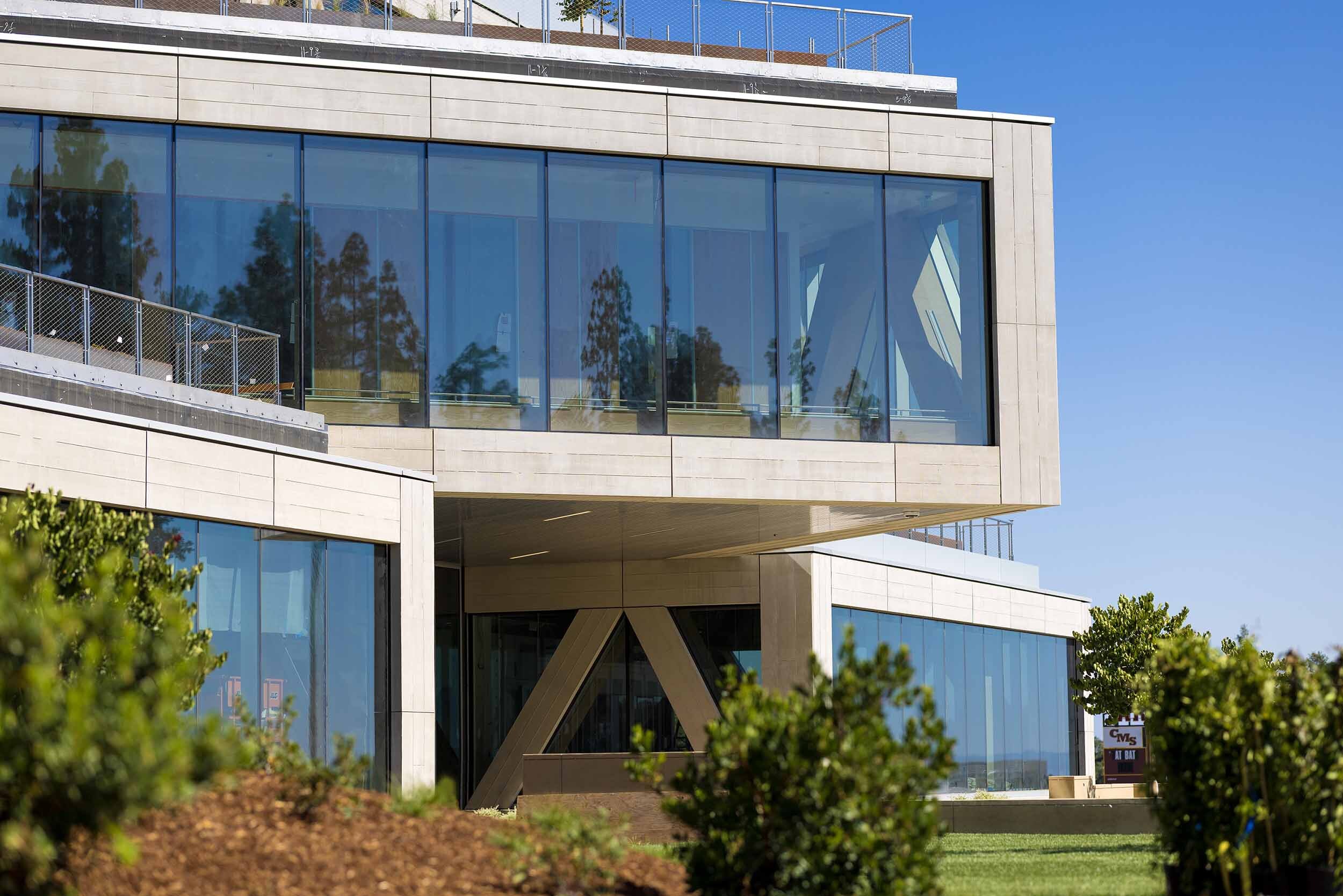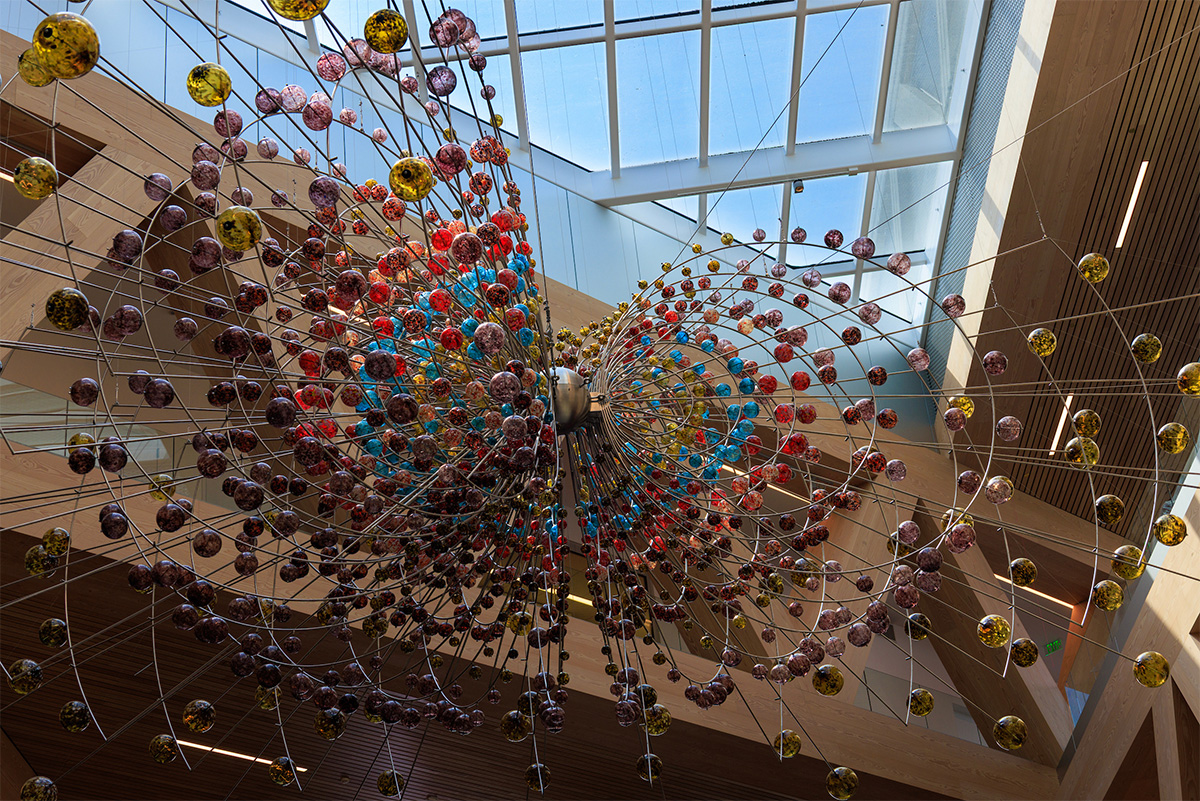Integrated Sciences
Preparing This Generation of Responsible Leaders for Future Innovation
Scientific discovery is critical to meeting the challenges and opportunities of our time.
Gene editing and molecular targeting to improve human health. Mapping the brain’s neural circuits and cognitive functions to promote mental health and understand decision-making. New green technologies to protect our planet. Applying AI methods to enhance discovery and problem-solving.
To lead these efforts responsibly, we must prepare future innovators to understand and integrate the natural sciences with the foundations of computing, economics and business, government and policy, philosophy and ethics, and other disciplines in their applications to advance basic knowledge and improve human conditions.
Claremont McKenna College has stepped up to this challenge with its new undergraduate integrated sciences program, the Kravis Department of Integrated Sciences (KDIS).
Housed in the newly opened Robert Day Sciences Center (RDSC)—an advanced hub for science and innovation—we are prepared to deliver what the world needs from our next generation of responsible leaders.
Revolutionary Commitments
Outward-looking, problem-based, just-in-time pedagogy.
Hands-on research and computational approaches to learning.
Engaged teamwork and world-class faculty expertise.
The integration of scientific disciplines and the social sciences and humanities in one curriculum for all of our students.
Explore the Kravis Department of Integrated Sciences curriculum
Grand Challenges
Organized around three grand challenges, the Kravis Department of Integrated Sciences uniquely prepares our students to confidently navigate within and between traditional scientific disciplines while preparing them to fearlessly engage with problems that require foundational, wide-ranging skills and capabilities.
Meet the KDIS faculty and staff
CMC Magazine: Inside Integrated Sciences
Codes of Life: Launching new discoveries
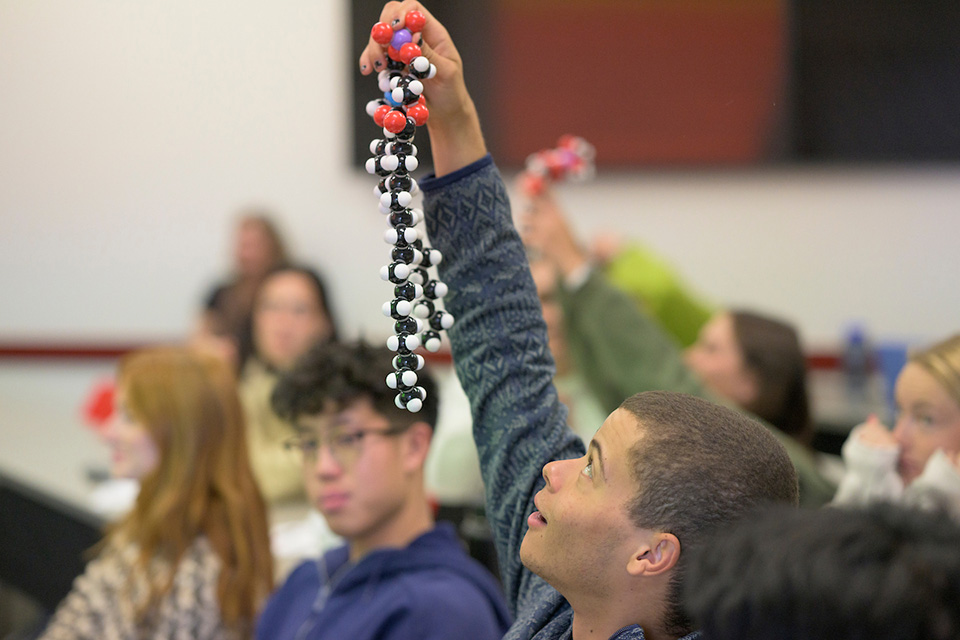
Health (Genomics, Systems Biology, and Health)—the exploration of molecular data to understand the function and regulation of genes, the biological systems they control, and the development of predictive models that ultimately contribute to improving human health.
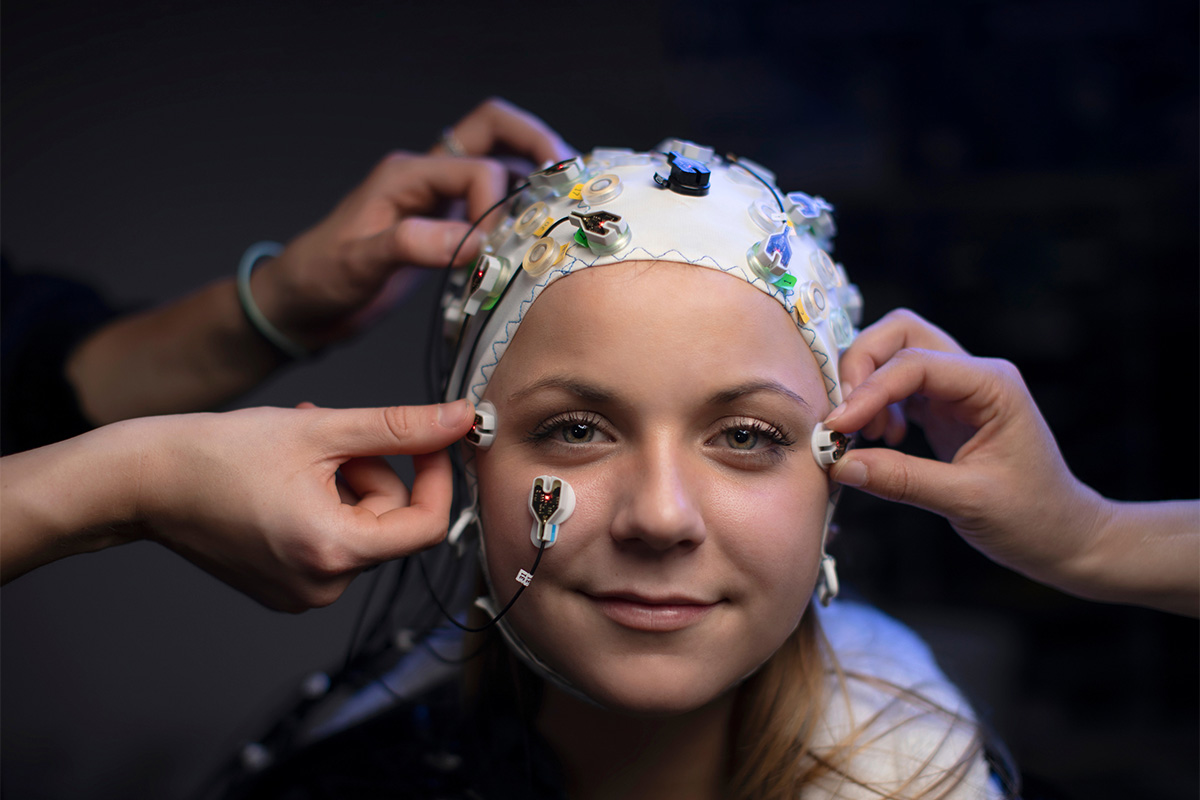
Brain (Brain, Learning, and Decision Sciences)—the investigation of mental processes, behavior, and decision-making, including aspects of neuroscience, cognitive science, artificial intelligence, and machine learning.
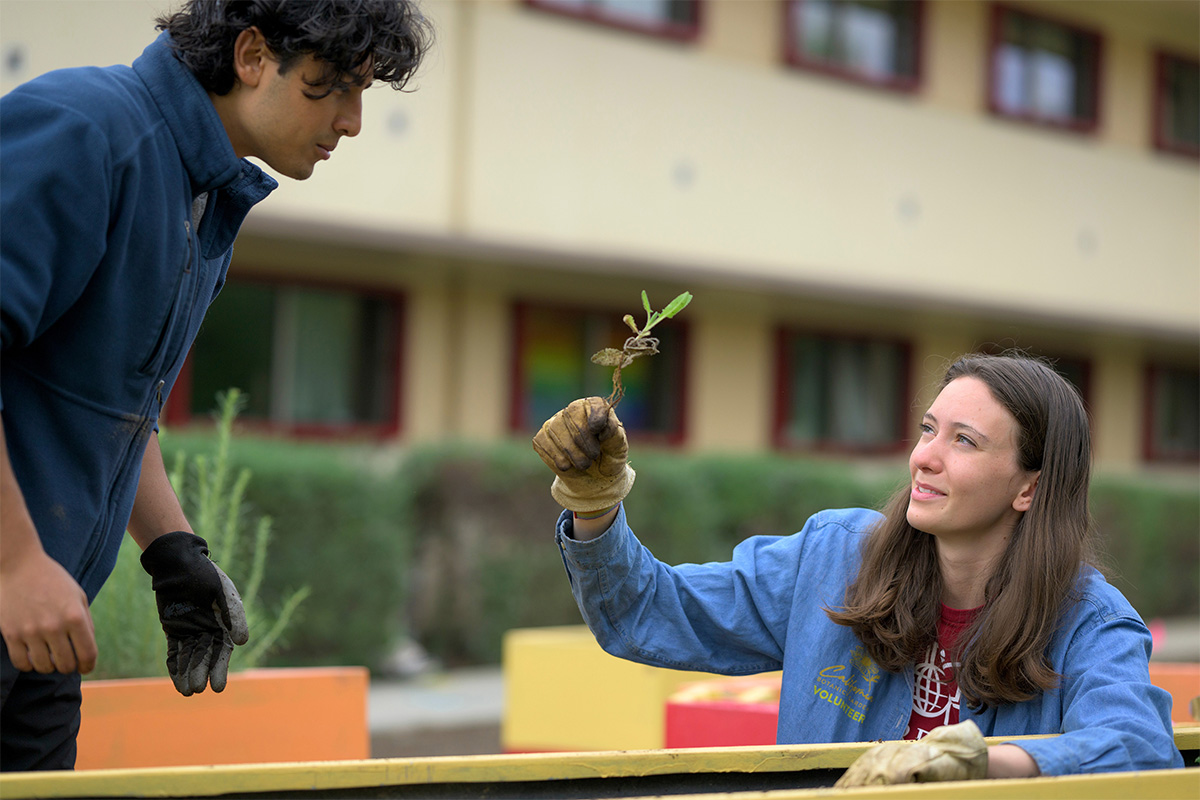
Planet (Climate, Energy, and the Environment)—the examination of atmospheric processes and the chemical, physical, and biological aspects of climate change, the development of renewable energy sources and storage, and the interaction of human activities and the natural and built environments.
Iconic Facility
Positioned at the eastern edge of campus, the Robert Day Sciences Center is CMC’s newest landmark, a powerful example of innovation, ambition, and liberal arts possibility brought to life. Completed in the summer of 2025, the iconic anchor point brings the entire campus community together to meet, create opportunities, and exchange ideas about science and its relationship to society. Designed by world-renowned architecture firm, Bjarke-Ingels Group: BIG, the RDSC’s open, accessible, light-filled design is intentional; a metaphor for the conversations between core disciplines and the Kravis Department of Integrated Sciences.
- Recap of RDSC opening and dedication
- Faculty innovation: Removing silos, creating opportunities
- Bjarke Ingels Q&A: Architectural inspiration
- Honoring key visionaries and leaders

